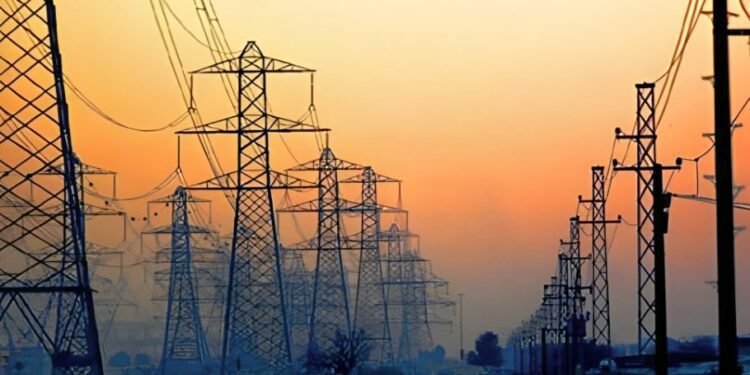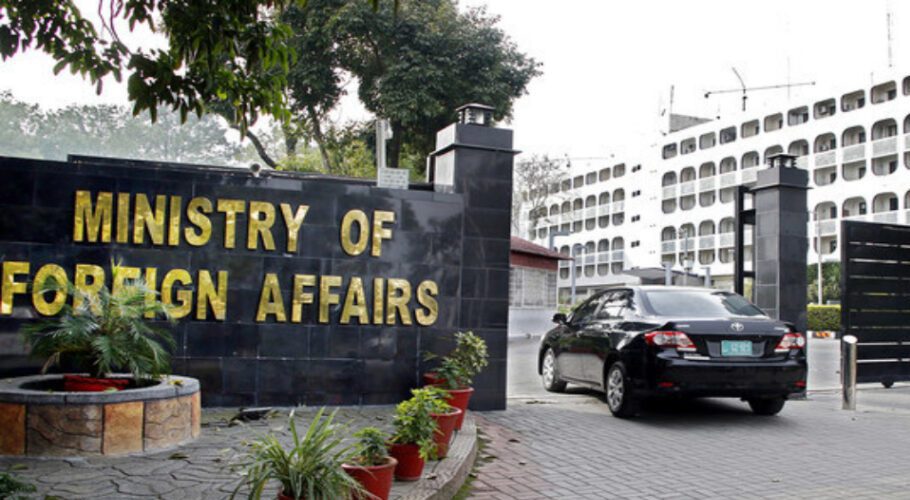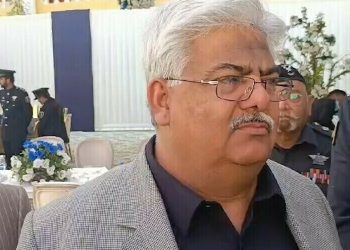Pakistan is currently renegotiating contracts with Independent Power Producers (IPPs) to address the country’s “unsustainable” electricity tariffs, according to Power Minister Awais Leghari. The ongoing surge in energy costs has led to social unrest and industry closures in the $350 billion economy, which has struggled with record-high inflation and two recent contractions.
“The existing price structure of power in this country is not sustainable,” Leghari told Reuters, highlighting the urgent need for changes. He explained that discussions between the government and power producers are underway, with both sides recognizing that maintaining the status quo is no longer viable. However, Leghari emphasized that while concessions will be made, they must not compromise the long-term sustainability of businesses.
The crisis dates back to over a decade ago when Pakistan faced severe energy shortages and approved several private projects financed largely by foreign lenders. These projects, involving IPPs, included lucrative contracts that guaranteed high returns and payments even for unused power. Now, amidst an economic crisis, power consumption has drastically fallen, leaving the country burdened with excess capacity and hefty capacity payments, which have been passed on to consumers through increased bills. This has led to widespread protests from both households and industrial associations.
Sector insiders revealed that proposed changes to contracts include reducing guaranteed returns, capping dollar rates, and shifting away from payments for unused power. A local media report indicated that 24 conditions have been suggested for transitioning from a capacity-based model to a “take-and-pay” model.
However, Leghari clarified that no formal draft agreements or specific demands have been presented to the power companies yet. The government, he added, is committed to resolving the issue through “civil and professional” negotiations and will not force companies to accept “watered-down” contracts. Any revisions, he said, will be made through “mutual consent.”
The renegotiation of power contracts is a key part of Pakistan’s efforts to stabilize its energy sector, a focus of the $7 billion bailout deal agreed upon with the International Monetary Fund (IMF) in May. The IMF has stressed the importance of revisiting the power agreements to ensure the viability of the energy sector.













![Missiles from Iran are pictured over Jerusalem on June 14, 2025 [Menahem Kahana / AFP]](https://mmnews.tv/wp-content/uploads/2025/06/Iranian-missels-raining-down-on-Israel-350x250.jpg)




















